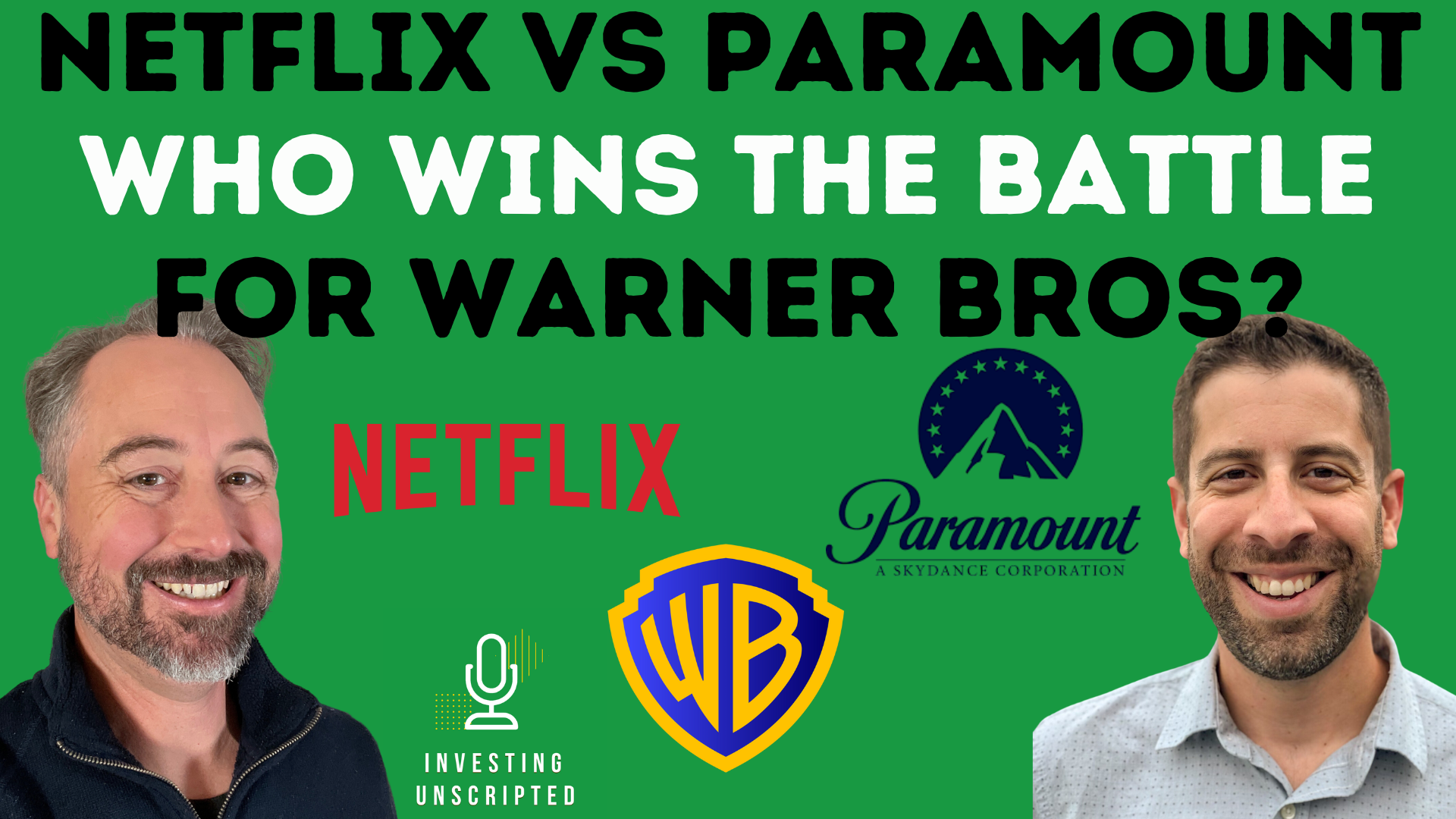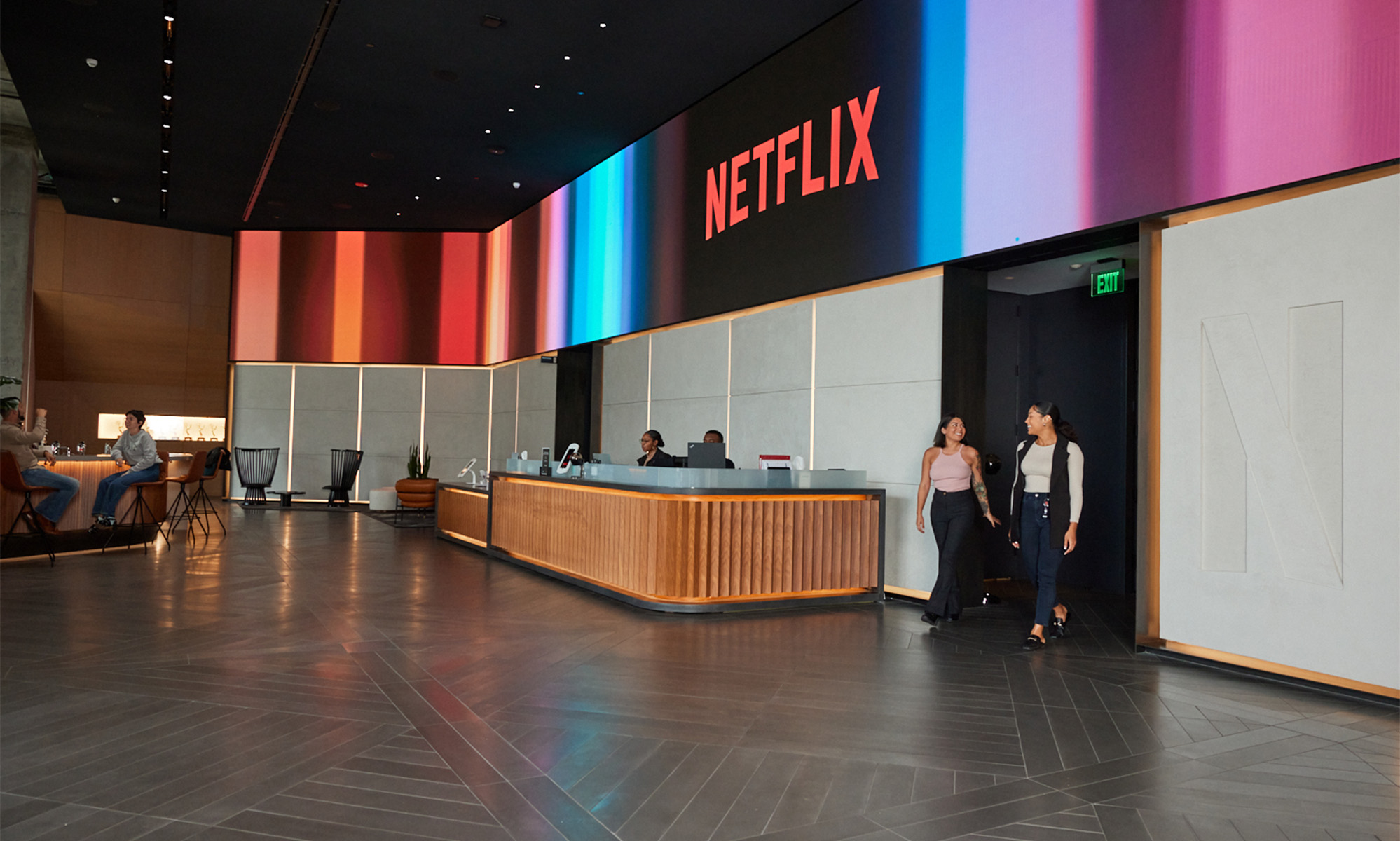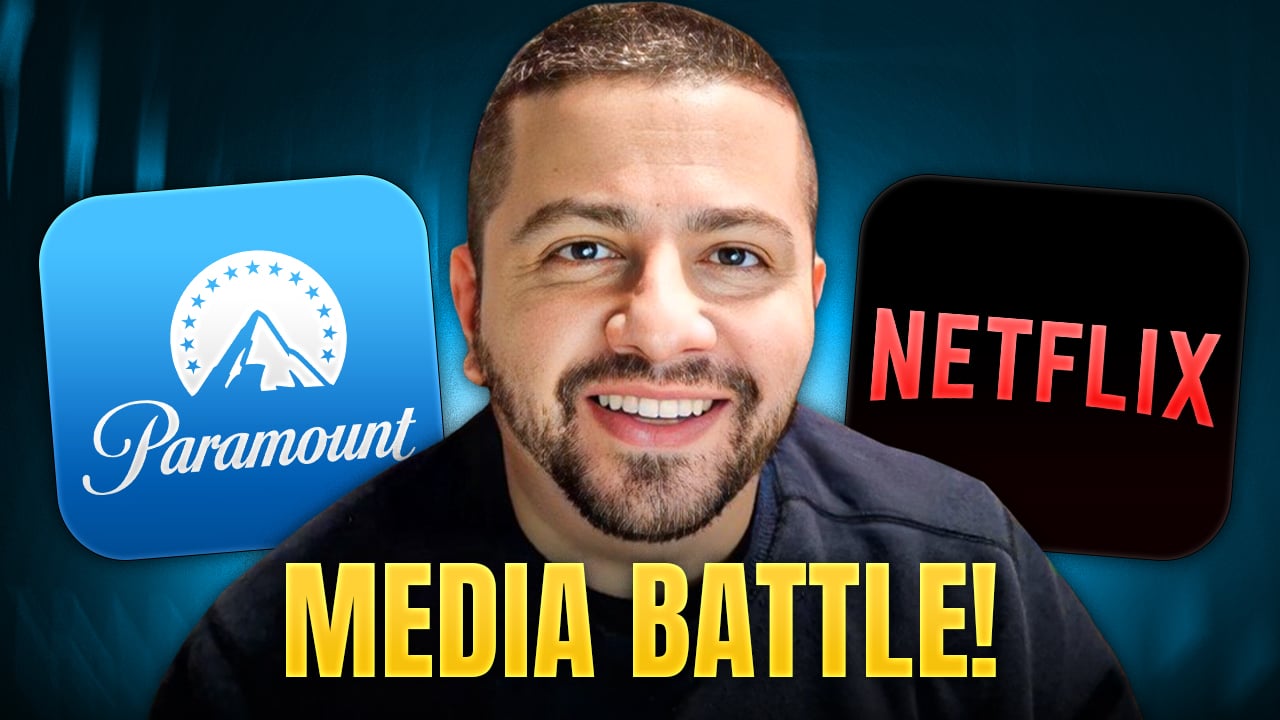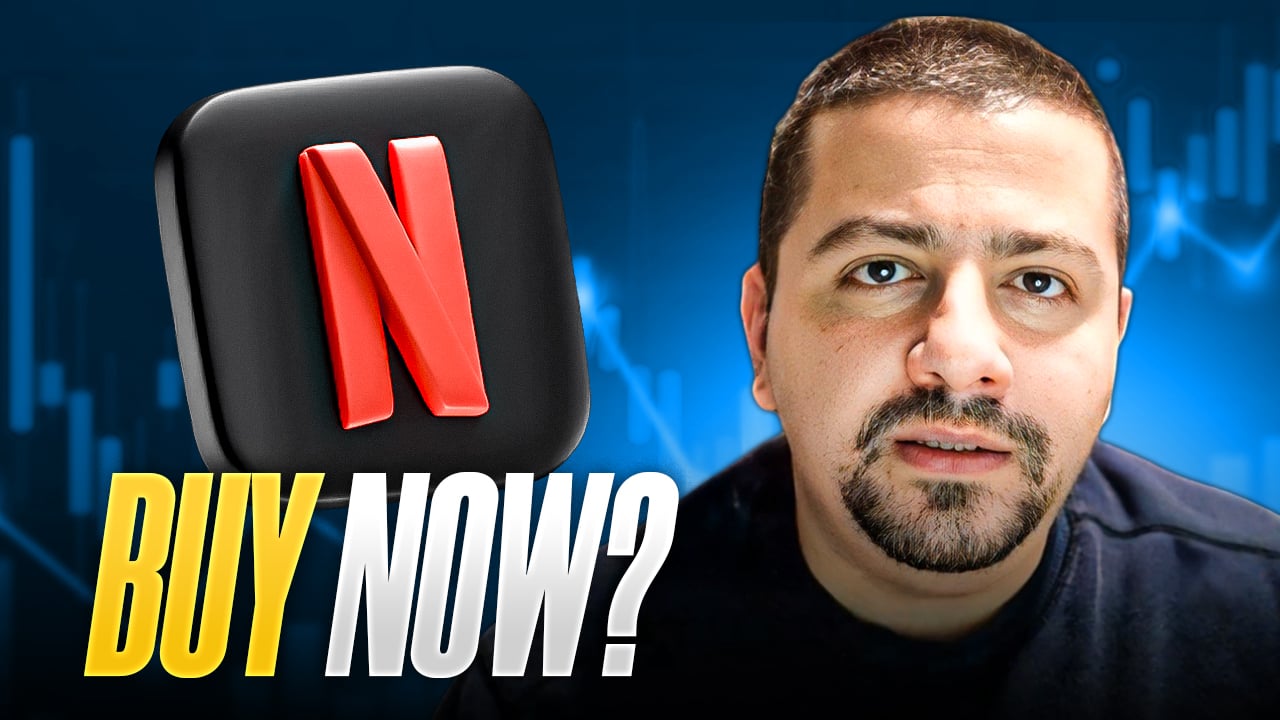Nearly 11 months have passed since I said I wouldn't abandon Netflix (NFLX +1.49%) in 2012. The stock is down about 14% since, badly lagging the S&P 500's 3% gain over the same period. Can you imagine how much worse it might have been had Carl Icahn not taken a 9.98% stake in the business and then publicly make a case for a sale?
We all know the answer: bad. And yet my two primary reasons for backing Netflix earlier this year are still true today:
- Strong distribution. While Hulu and Amazon.com (AMZN 0.65%) have made strides -- for example, Amazon now has an iPad app for Instant Video members -- neither service is as simple as Netflix when it comes to streaming over multiple devices. Perhaps that's why Nielsen says 81% of Hulu users watch on a computer while more than half of Netflix customers use something else?
- Working through content owners rather than distributors. When comedian Ricky Gervais sought a home for the comedy drama series Derek, he turned to Netflix, which bought exclusive global distribution rights.
Unmatched distribution. Unique content. Add it up and you have a business I believe is so elegant (and priced so cheaply) that I've put 12% of our family portfolio in a combination of Netflix common stock and LEAP options.
The Godfather of streaming
"As an artist you want the fruits of your labor to be seen by the largest number of people possible without having to compromise the product," Gervais said in a recent interview with The New York Times. "This deal gave me the freedom and the huge potential viewers of the Internet but the production values of film and TV. They also made me an offer I couldn't refuse."
He's hardly alone. According to Deadline.com, AMC Networks (AMCX +2.78%) is in talks with Netflix to resuscitate cult hit The Killing, which was canceled after its second season. Other targets include horror epic The River. Every one of these castaways from major networks has the potential to grow into a hit on the order of Arrested Development, which Netflix rescued last year. A new 10-episode season is due to air in early 2013.
House of Cards joins Netflix's lineup of exclusive programming in February. Technically an adaptation of a 1990s British television drama, the new series directed by David Fincher and staring Kevin Spacey brings Washington politics into sharp relief at a time of intense interest in (and disgust with) the American political process:
Finally, consider that AMC's Breaking Bad and The Walking Dead set new ratings records without distribution help from DISH Network (DISH +0.00%). Prior seasons of both series are available for streaming on Netflix. Hulu isn't so fortunate, lacking not only AMC's ratings-responsive programming but also any of the last 50 years of secret agent James Bond's cinematic adventures. Even if he's being well compensated for his services, Gervais has good reason to praise Netflix.
The future, broadcast at your command
He also wasn't wrong when he told the Times that he considers the service a reflection of the future. "TV habits have already changed drastically over the last 10 years and this is the next phase. People want their favorite shows on demand whether they are homegrown or not," Gervais said.
Nielsen data mutes this view somewhat -- Americans viewed 145 hours of traditional TV per month in Q2 versus just five hours watching video on the Internet -- but we're also still early in the cycle, and anecdotal evidence seems to favor streaming. Netflix's traffic soared 20% during Superstorm Sandy as millions of stranded workers spent idle time watching favorite shows.
Surprised? I can't blame you. Rewind a year. Barely a month after taking to Facebook to admit mistakes with Qwikster and an ill-timed price increase, CEO Reed Hastings told the world Netflix had lost 800,000 subscribers. Profits were suddenly turning into losses.
That's still true today, but subscribers have returned -- and then some. Netflix had 31.8 million members at the end of the third quarter, up 26% from 25.3 million in last year's Q3. Streaming hasn't hurt the business nearly as much as some predicted. Meanwhile, the legacy DVD rental business is funding content purchases and international expansion.
Therein lies the beauty of this business. Netflix is a healthy, growing business that's positioning itself as a global producer and distributor at a time when a lot of great content is having a hard time finding a home among the major studios. Again, look at The River, which Walt Disney's (DIS +2.42%) ABC television canceled in May.
The Foolish bottom line: Don't sell, Reed
Original programming is only one arrow in Netflix's quiver. It's also not much of a differentiator now that Amazon is getting into the business of TV and film development.
What matters more is that, when you look at the numbers, Netflix is by far the biggest and most desirable brand name in streamed entertainment. Sandvine's study of downstream traffic found that Netflix accounts for more than twice as much prime-time streaming traffic as YouTube and nearly 19 times more than Amazon Instant Video. If habits matter -- and I think they do -- then consumers' habit of gravitating to Netflix for streamed video is as huge an advantage today as it was in January.






